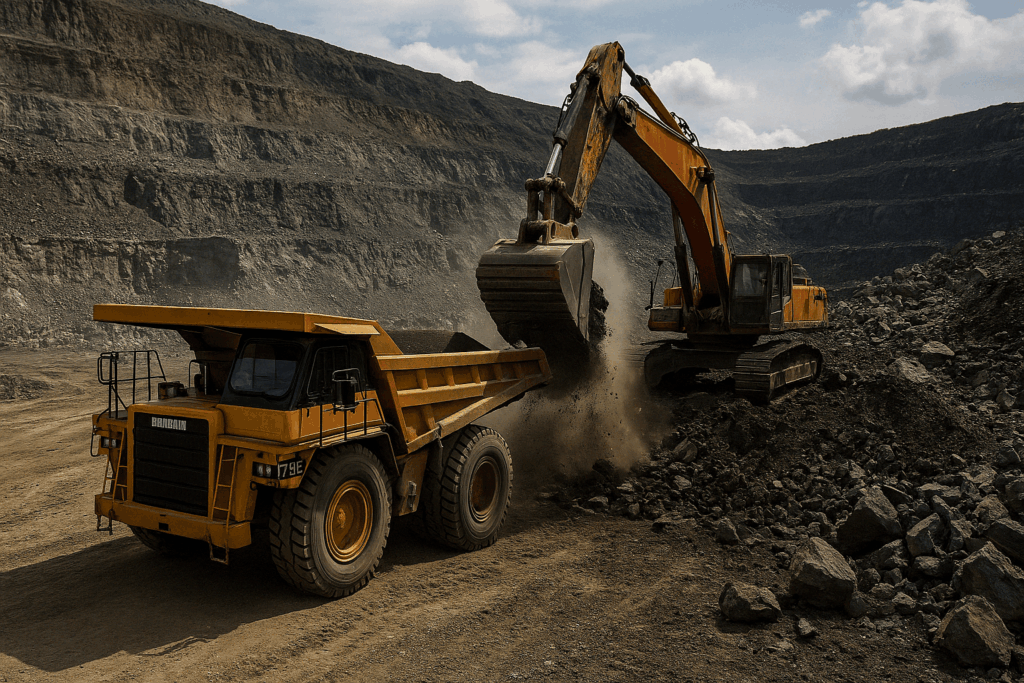Karnataka Governor Thawar Chand Gehlot has sent the state’s mining tax bill to the President for assent, citing constitutional concerns. The bill, aimed at imposing taxes on mineral-bearing land and mining rights, could generate INR 4,713 crore in revenue for the state. However, the Governor highlighted potential conflicts with parliamentary legislation and adverse effects on other states. The delay could impact major mining firms like NMDC, JSW Steel, and Sandur Manganese.
Karnataka Governor Thawar Chand Gehlot has sent the state government’s mining tax bill to the President of India for assent, citing concerns over constitutional limitations. The bill, formally titled The Mineral Rights and Mineral Bearing Land Tax Bill, proposes a tax on mineral-bearing land and mining rights, with an estimated revenue potential of ₹4,713 crore.
The move impacts key mining companies operating in Karnataka, including NMDC, JSW Steel, and Sandur Manganese, which could face additional financial burdens if the bill is passed. The process of obtaining the President’s assent could take more than six months, potentially delaying the state government’s plans for mining taxation.
Governor Gehlot raised concerns that the bill might exceed the constitutional limits of state legislation and could interfere with matters under parliamentary jurisdiction. He noted that ownership and control of natural resources should serve the common good and should not lead to wealth concentration in the state government.
The bill appears to transgress constitutional limitations and adversely affect the legitimate interests of other states and their people.”
Governor Gehlot
He also pointed out that Karnataka’s proposal to impose substantial taxes on mineral resources may enrich the state disproportionately.
The Karnataka government introduced the bill following a Supreme Court ruling that states have the authority to levy taxes on mineral-bearing land and mining rights. The ruling allows retrospective taxation from April 2005, adding a significant financial implication for mining companies operating in the region.
With the Governor’s decision to reserve the bill for the President’s consideration, the final decision now rests with the central government. If approved, the tax could reshape the financial landscape of Karnataka’s mining sector, potentially leading to legal challenges from affected industries.



